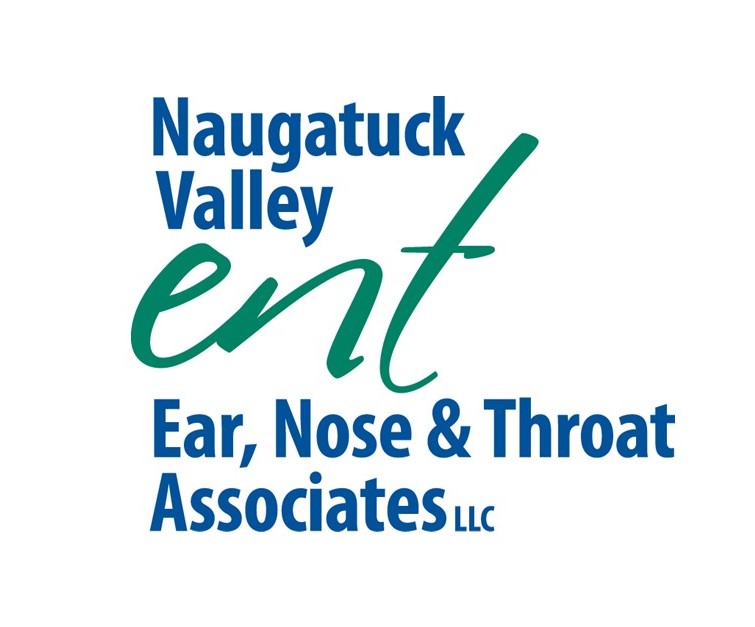When a Sore Throat Isn’t Just a Sore Throat: Causes, Symptoms & When to Seek Help in Cheshire, CT
A sore throat can be more than just a nuisance—it might be a sign of something more serious. From viral and bacterial infections to allergies and reflux, there are many possible causes. Learn when to wait it out and when it’s time to see an ENT specialist. Contact Naugatuck Valley ENT at (203) 578-4630 to schedule an appointment.


